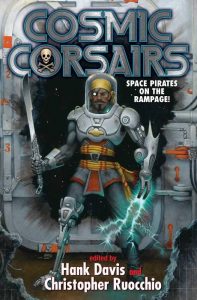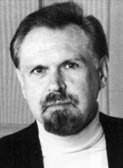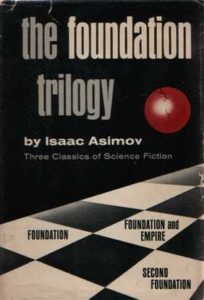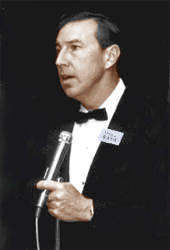 Robert Sheckley (1928-2005) was born on this date, July 16. Sheckley worked at all lengths, but he is probably best remembered for his short stories. They tended to be witty and satirical.
Robert Sheckley (1928-2005) was born on this date, July 16. Sheckley worked at all lengths, but he is probably best remembered for his short stories. They tended to be witty and satirical.
I’m not going to review a story because I’ve spent most of the day getting an online exam ready and trying to calm some nervous students. Not that I blame them. Summer classes move fast, this course is challenging in a normal semester, and the online format isn’t helping. I haven’t had time to read one.
In spite of that, I want to make note of the occasion. Sheckley was an important writer who deserves to be remembered.
I was fortunate enough to meet him the year he died. He was a guest at ConDFW in February of that year. This was only a few weeks before he traveled to the Ukraine and fell ill. After returning home, he died in December.
I remember sitting around a table in a small conference room where he read one of his stories. There couldn’t have been more than a dozen of us in the room. I was rather surprised there weren’t more people there. He’d recently had a story published in an anthology, which he was gracious enough to sign for me along with a couple of collections I had brought with me.
 Cosmic Corsairs
Cosmic Corsairs








